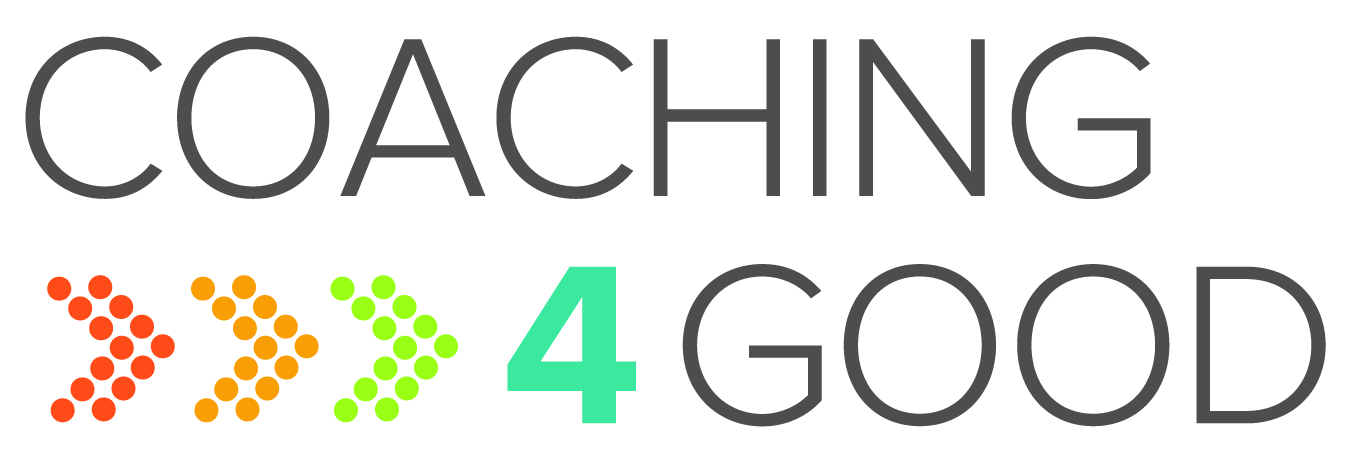
Working in one job without a career change and happily waiting for retirement is slowly becoming a thing of the past. Did you know that according to the U.S. Bureau of Labor Statistics people change jobs an average of 12 times in their lifetime?
The numbers say there is a big chance you’re also going to change employers or companies in the future — so the best thing you can do is to be prepared.
To help you prepare for a career change, here are habits to adopt to make that transition successful:
1. Put everything on paper
When it comes to impactful decisions, you don’t want to miss any detail. Take your time and putting everything down on paper (or virtual paper). We recommend creating a list of pros and cons that compares your current job position with a desired one.
Think about all the positive and negative aspects of your current job and company and then compare that with your potential future position. Writing everything down can help you understand yourself deeper, resulting in a better career choice.
If you are still not sure whether to go for a new job or stay put, you can take one of many online free career quizzes. It’s never a bad idea to use all available resources to figure out what is best for you.
[Bonus option — If you’re struggling to get things down, a coach can help you with getting started. You can book an initial consultation with a coach for free.]
2. Monetize your passion
What can be a better combination than working on a job you’re passionate about? Since it’s easy to acquire the right information nowadays, which opens up dozens of opportunities, you should think of ways to incorporate your passions into your daily job.
There are freelance platforms and communities where you can find lucrative freelance positions for specific skill sets. It’s not a dream anymore to monetize something you’re genuinely passionate about.
If you decide to follow your dreams and monetize your passion you can follow these simple steps:
- Define your passion
- Think about how you can make money from it
- Build your passion-driven business
- Have fun!
3. Constantly learn new skills
Changing careers isn’t comfortable, and you should prepare yourself mentally for constant learning and challenges to keep up with the pace in a new environment.
Online education platforms such as Udemy and Skillshare offer more than a thousand well-structured courses successfully teaching complex skills from scratch.
Always put special emphasis on your:
- Organizational and execution skills
- Communication skills
- People skills
- Leadership skills
You can also leverage career resources here with Coaching 4 Good including free webinars and working with a coach to learn how to focus on what’s the most impactful area for you to fine-tune.
4. Learn from industry professionals
What’s the better way to understand a specific industry than learning from industry professionals and thought leaders?
It’s easy to find out industry professionals and thought leaders through alumni networks or professional social networks such as LinkedIn.
Create your profile on professional social networks, fill in all the information, and start reaching and connecting with people from the desired industry. Successful people tend to share their knowledge and experiences, which gives you a better understanding of industry challenges and needs.
5. Complete professional certifications
Depending on the career you’re looking to switch to, there might be specific certifications that go handy in your CV and keep you competitive.
While thinking of career change, you should always have in mind the whole process’s financial aspect. Additional education, certificates, and diplomas cost money and time, so plan everything in detail to avoid a financial burden.
6. Get involved in volunteer projects
It’s hard to know if you’re passionate about something if you’ve never tried it. One of the best ways to break the ice is by getting a volunteer position connected to the desired career path you’re planning to take.
In many volunteer projects, the organizations require specific experiences and knowledge, primarily if they work with sensitive communities and information.
Volunteer projects prepare you for a new career while giving you valuable connections and references to boost your career switch. You’ll also get a better glimpse of the industry and decide if switching is worth your effort.
7. Work on your negotiation and pitching skills
One thing is to have industry-related skills and experience, and another thing is to communicate those and score a job in a new industry – that’s where pitching and branding skills come to light.
Here are a few tips that can help you get the desired position:
- Minimize the amount of information in your resume and catch the attention from the beginning since the average reading time of a CV is just four seconds.
- Show the employer that you’ve done your research and know details about the position, company’s needs, and challenges.
- Present yourself as a solution to a company’s problems.
8. Improve your resume
Many people don’t know how to write a compelling resume that attracts recruiters and gets jobs. The critical aspect of writing a persuasive resume is relevancy. If you’re applying for a position in the IT industry, you have to think about which skills and prior experience are relevant to the job position you’re applying for.
Here are a few tips on writing a winning resume:
- Check your grammar and formatting on your resume.
- Go for a minimalistic style that features actionable sentences and easy to navigate structure.
- Tailor each resume for a specific job application.
- Include prior experiences, skills, and certifications such as volunteering projects, student exchanges, certificates, foreign languages, awards, and similar.
Want to watch a free video on how to get your resume read? Coach Diane Dean shares tips here.
With the right approach and mindset, you can adapt to any change
Changing careers isn’t a taboo topic anymore, and people have more opportunities than ever to make a career change, so why stay at the same job if you’re not satisfied or the organization isn’t meeting your needs?
Be sure to stay open to learning, look out for exciting opportunities, build your resume with unique experiences, connect with professionals in the industry, and learn how to sell yourself in front of a future employer.
About the Author
Anita Sambol
With years of experience as a content strategist and creator, Anita has a ‘superpower of being a clear human voice for brands when talking to their audience. One of the projects she currently enjoys the most is being a content associate to EU Business School, where she’s writing about business education, student life, and online learning.









Stay In Touch